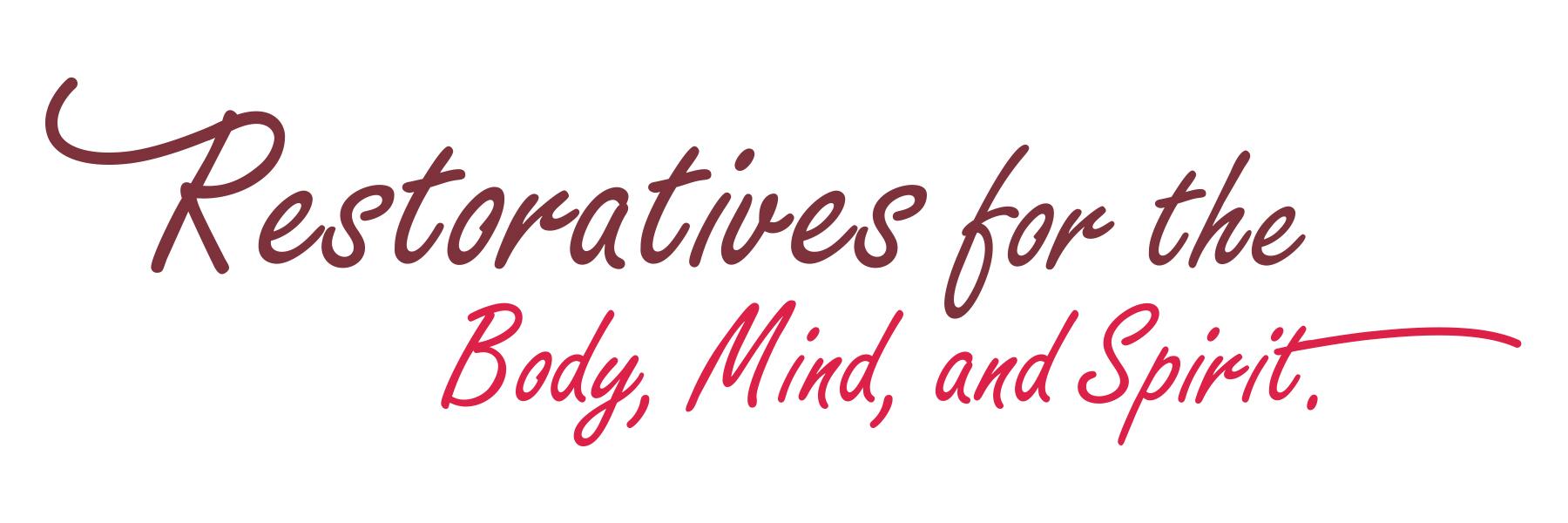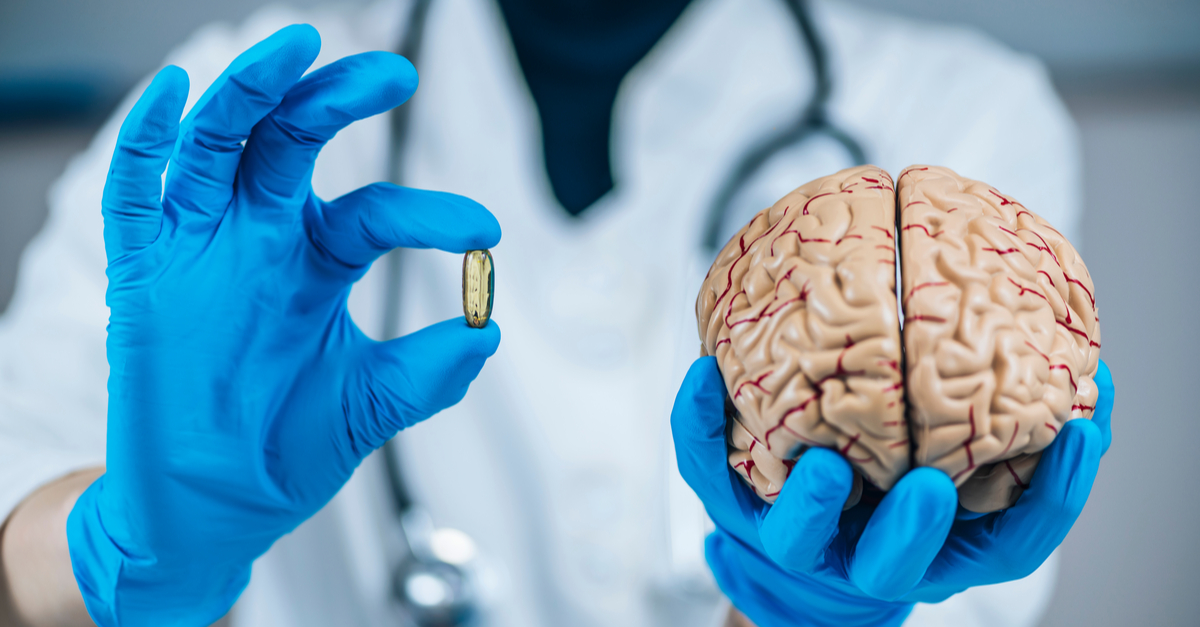When you’re feeling under the weather, do you swear by a mug of your favorite chicken soup, a binge of a box set, or a long soak in a hot bath to make you feel better? If so, you’ve harnessed the power of the placebo.
Simply put, a placebo is a treatment without medically recognized properties. Commonly used by pharmaceutical companies during drug trials, placebos have long been the gold standard to ensure an accurate clinical test before a new medication is brought to market. In drug trials, half of the participants receive the new medication and half receive a physically identical but worthless “dummy” pill or saline injection. In a system called “double blind” neither the clinicians nor the participants know who’s receiving what, in order not to influence the outcomes. In this way, researchers can prove (or disprove) that their medication works, and be sure the trial was fair and unbiased.
Beyond the realm of double-blind studies, the placebo effect and response can have powerful implications of their own for healing and therapeutic benefits. The mind is so persuasive that patients can experience strong effects, both positive and negative, while taking a placebo. During the trial for the COVID vaccines, many people reported side effects such as fatigue and headache — even though they had been given a saline injection. On the flip side, some researchers believe the vaccination has been so well tolerated because people need and want it to work so badly.
The magic of the placebo also comes because people can still experience relief and healing — whether they know they’re receiving the actual medication or not. The placebo effect is a real physio-biological phenomena that arises not just from the taking the dummy pill, but from the social, contextual, and verbal suggestions that are around when it is administered. It may not cure you but it can make you feel better, in part because you feel cared for. Call it a therapeutic sugar pill.
Some may be more receptive and responsive in body and mind to the effects of a placebo than others. Likewise, some conditions seem to respond better to placebos. Research has shown that depression, pain, and chronic insomnia can respond effectively to placebos, sometimes as well as or better than to their “real” pharmacological counterparts. In physical terms, placebos can hasten the release of the body’s natural “feel good” chemicals, lowering heart rate, blood pressure, anxiety, fatigue and pain perception. In psychological terms, patients who believe they will have success with a treatment shift their mindset from pain to relief, a significant and positive boost. Put another way, if a patient thinks and believes that a medication or treatment is going to work, it has a better chance of success.
An iconic scene in the 1996 movie The Birdcage provides a perfect example. Nathan Lane’s character Albert is overcome with stage fright and begs Hank Azaria’s character, Agador, for a special “Pirin” tablet. Though Albert thinks he’s popping a tranquilizer, Pirin turns out to be nothing more than garden-variety aspirin with the first two letters scraped off. But does it, along with Agador’s soothing, cure his anxiety? Absolutely.
But saying that placebo power is all in your mind is selling it a bit short. People with diseases that affect the prefrontal cortex (such as Alzheimer’s) often don’t respond to a placebo. Tellingly, MRI scans of patients given a placebo show increased neural activity in this region, the part of the brain responsible for, among other things, behavior, emotions, and the release of the powerful mood-boosting neurotransmitters serotonin, norepinephrine, and dopamine. Changes start in the brain, but they’re really happening, and have a cascading and often transformative effect on the patient’s body. So although the placebo may only be a catalyst, it’s a powerful one.
As Albert experienced, and as new research shows, therapeutic acts literally change the brain’s chemistry. Of course, what constitutes a therapeutic act is highly individual. I may swear that numerous cups of hot tea with lemon shortens my cold. You may find no relief from hot beverages but insist that a spoonful of spicy mustard eases your congestion. Both “treatments” help us feel better, in large part because we believe they will.
However we individually find relief, though, we may be doing so out of a deep-seated evolutionary response. Evolution favors humans with positive expectations. Feeling optimistic about the future, and how you’ll feel in it, helps to reduce anxiety. Alternatively, an expectation that you’ll continue to feel poorly, or that you have no control over your health, only increases stress and accompanying unpleasant physical symptoms.
Unquestionably, placebos have an important role in helping deliver new, safe and effective drugs. The scientific research studying the placebo effect and response, still in its early stages, may have equally massive implications for helping to treat a variety of conditions. To be sure, conventional medicines and treatments are often the accepted standard for a wide variety of health problems, and there are certainly conditions that won’t ever be cured with positive thoughts and placebos alone. But the next time you need to pop a pill, schedule a surgery, or roll up your sleeve for your COVID jab, expecting the best possible outcome may be a simple, and surprisingly effective, way to increase your success.
By Stefin Kohn, Contributing Writer







